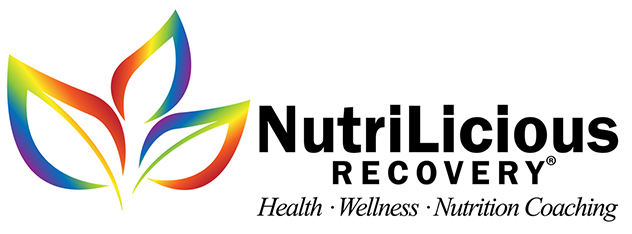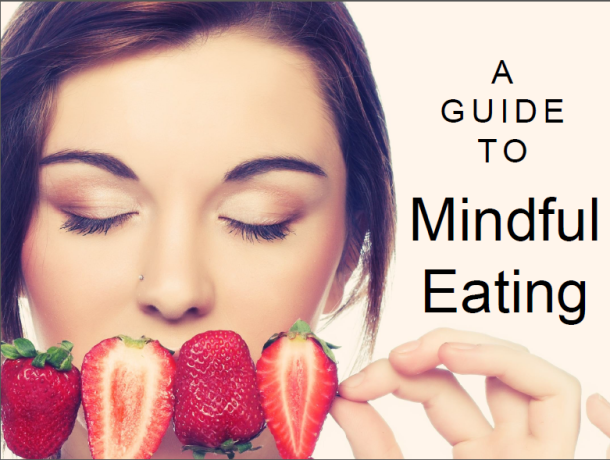Post-Covid19 we’ve seen depression and anxiety on the rise in the US. Nearly 50% of Americans report that COVID19 is negatively impacting their health according to a Kaiser Family Foundation poll. There was a 1000% increase in registrations for a federal emergency hotline, and 20,000 texts came in on that hotline in April, 2020. What do these stats mean? It means that Americans are afraid, and there is little being discussed in mainstream media about what to do to help. It almost feels like there isn’t a plan.
There were some NY health care workers without history of mental illness that died by suicide. They were frontline workers. The situation unfolding here in the US as well as in other countries is a challenge. For those that remain farther away from the scenes in hospitals, and for those that don’t know anyone dealing with the illness… it may be easier to say that COVID19 isn’t affecting their mental health. For the rest of us, it can create exhaustion, anxiety (overactive worry), fears, sadness, and depression. And so… we are in the midst of a mental health crisis.
When our nervous systems begins to exhibit signs of chronic stress, we have to cope by activating the part of our nervous systems that relaxes our body’s functions – “rest & digest” part of our nervous system called the parasympathetic nervous system. It’s important to take actions that allow your mind a break from the realities of the world. Whether it’s a 20-minute soak in a bubble bath, or a power nap mid-day, the body needs more breaks to tackle the day’s events, news, and latest worry.
Actions that are highly recommended include breathing exercises (Pranayama), meditation, massage therapy, bath soaks, aromatherapy. In all of these holistic therapies, you are tuning out the world and setting your focus internal to your body to regulate yourself on a slower mode. Actions that are not recommended include alcohol and substance use. Although it may seem calming at the end of the day to pour out the wine and drink it, I agree a little won’t hurt (1 glass for women, 2 glasses for men), but the temptation to consume more than that is pretty high. The fluctuations in your body’s processes for excess alcohol can increase your risks for adverse health outcomes when it becomes a regular thing. And it doesn’t change your point of focus. For you to focus on something different that your external world, you must guide that focus internal. No one else can drive your focus… not even the words on this screen. You decide and choose where to place your focus, your thoughts, your worry, and your fears. And that is the thing that you DO CONTROL.
Relaxing your overactive nervous system can help bring about a balance that restores your spirit… and your happiness. “It may sound weird or too easy to be true… how can a bubble bath help me during COVID19?” Give it a try.
Wishing you all health & safety. If you feel you need to reach out and talk with someone about your mental health, here are the crisis hotlines:
National Suicide Prevention 800-273-8255
Crisis Text Line 741741 (text HOME)
National Domestic Violence 800-799-7233
Social Services Helpline 211
Nami Helpline 800-950-NAMI
Substance Abuse & Mental Health 800-662-4357



